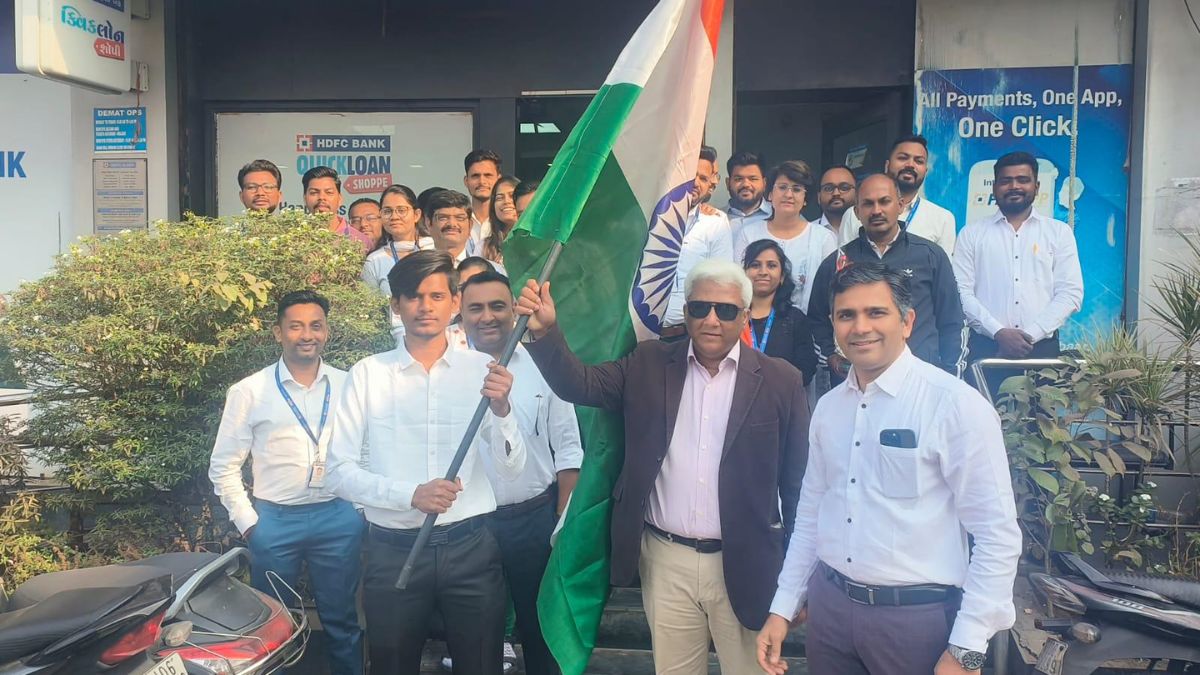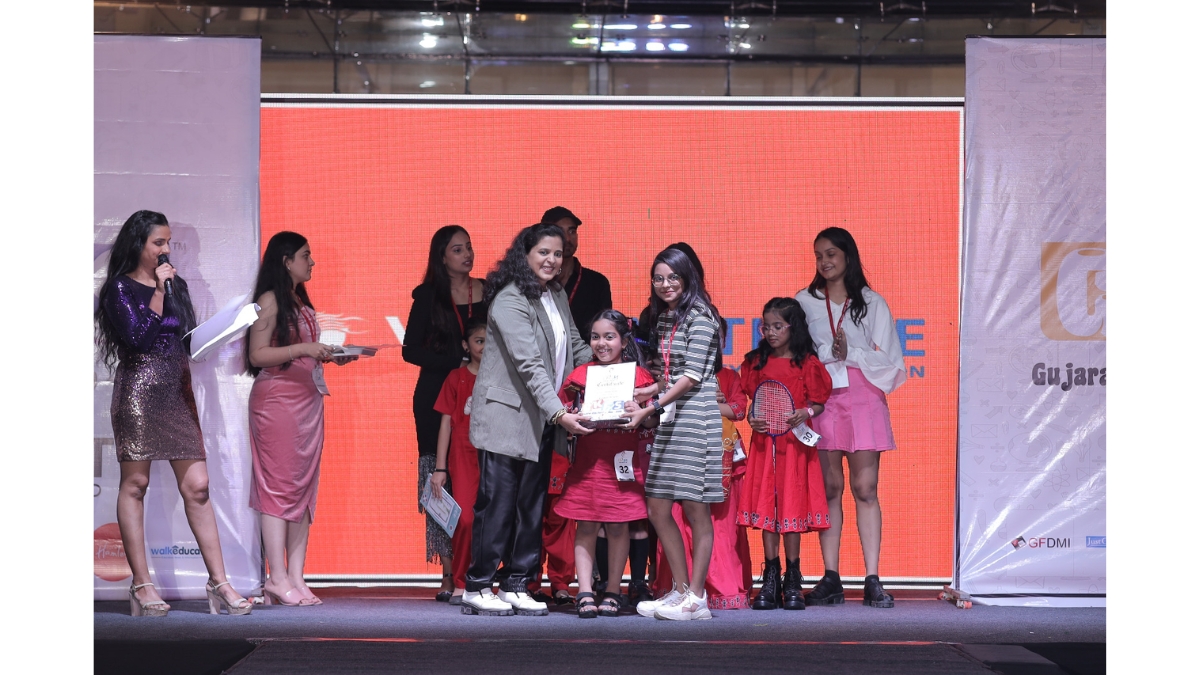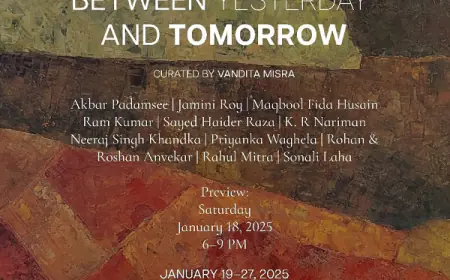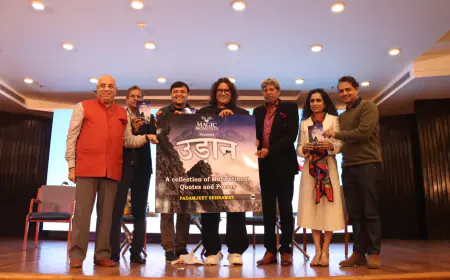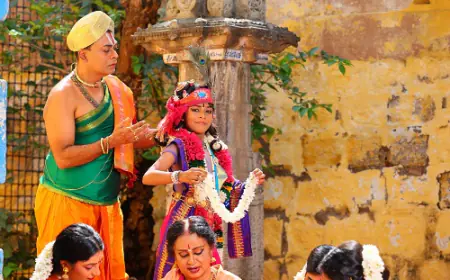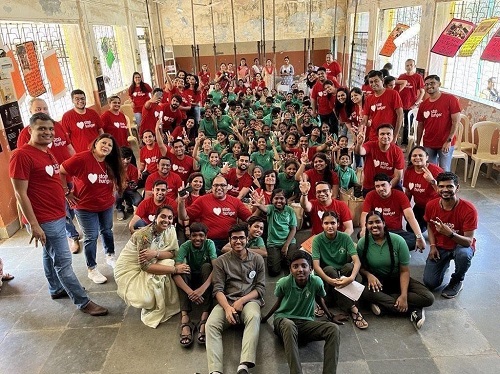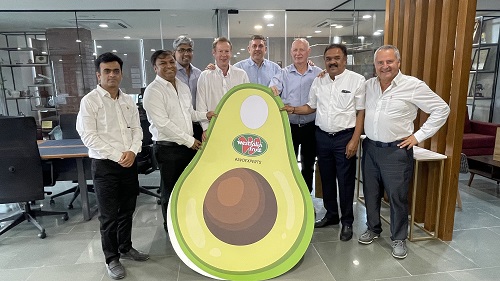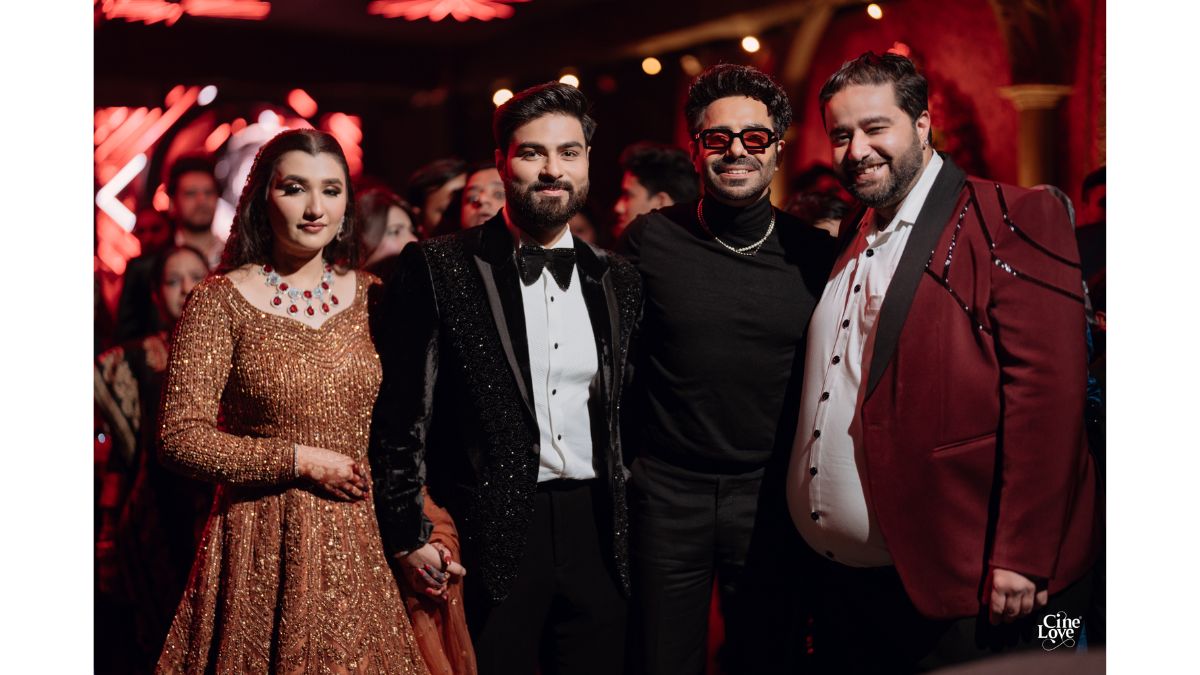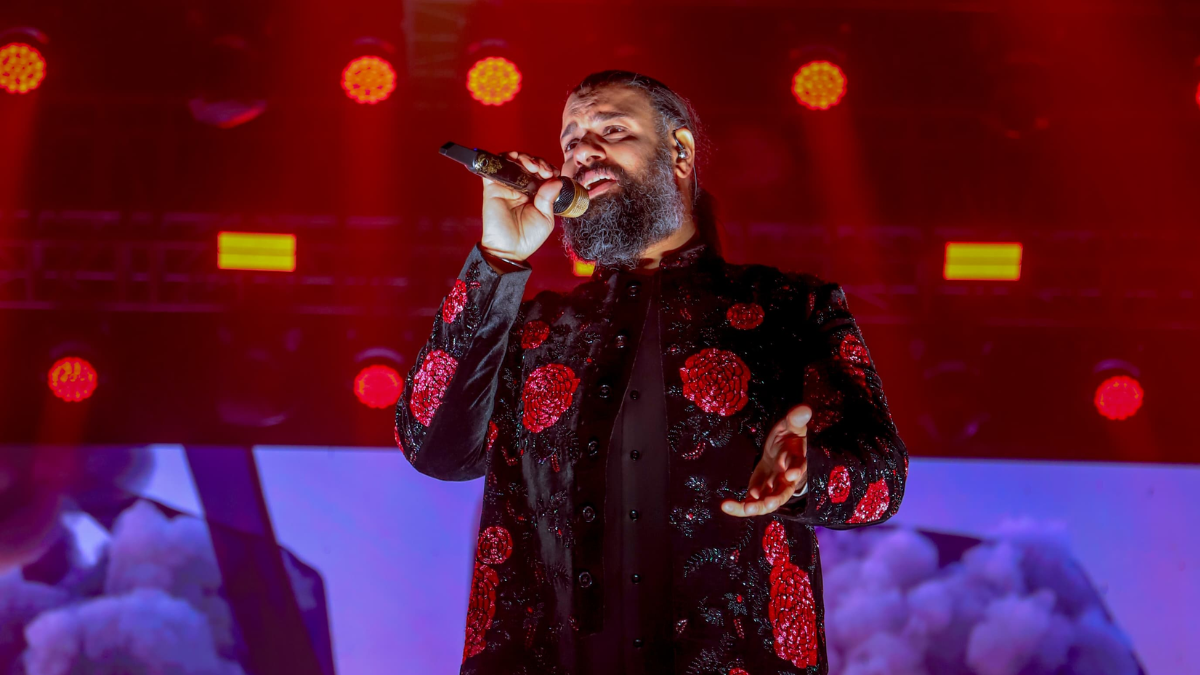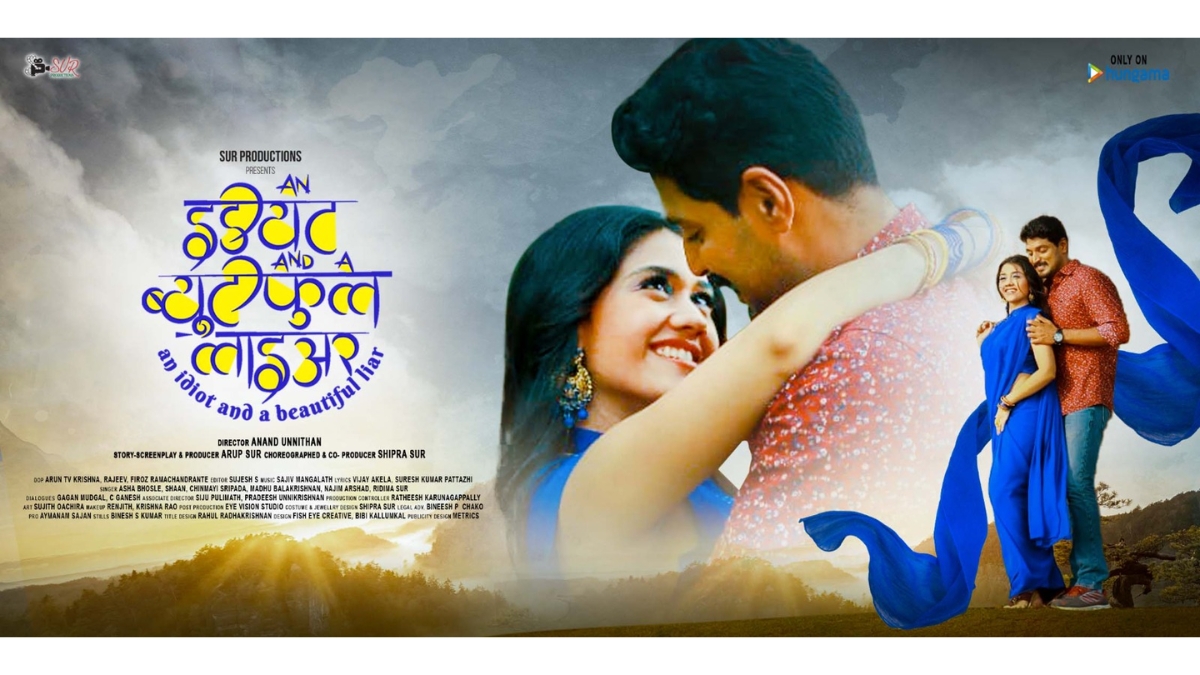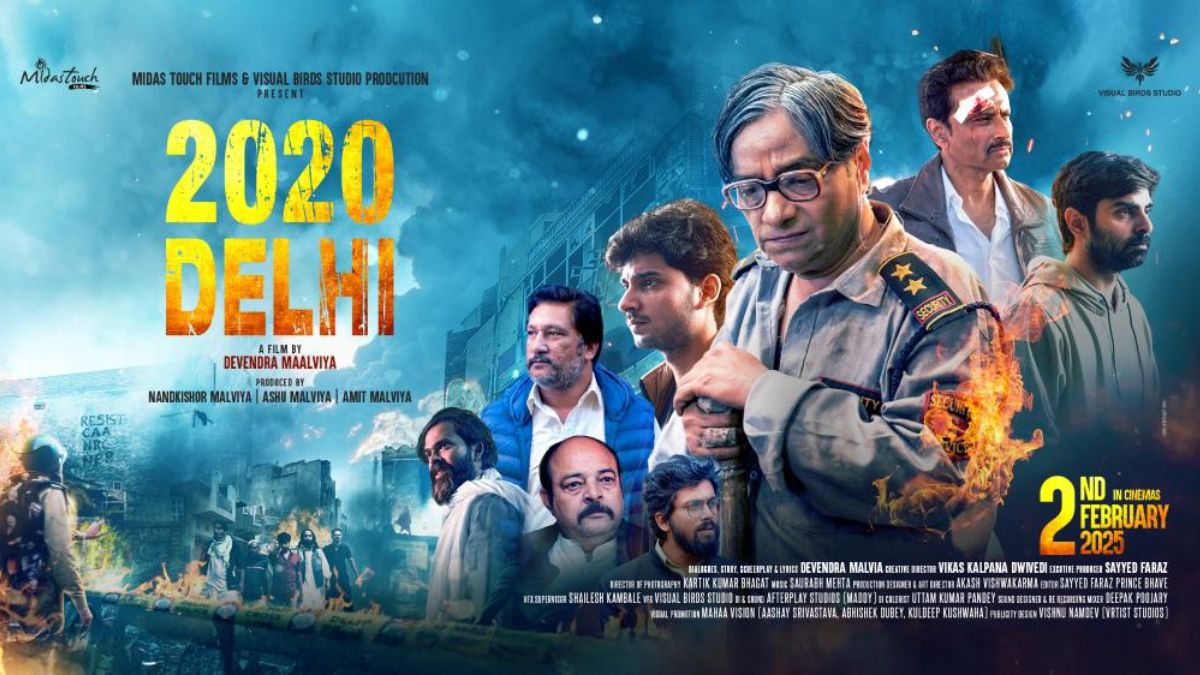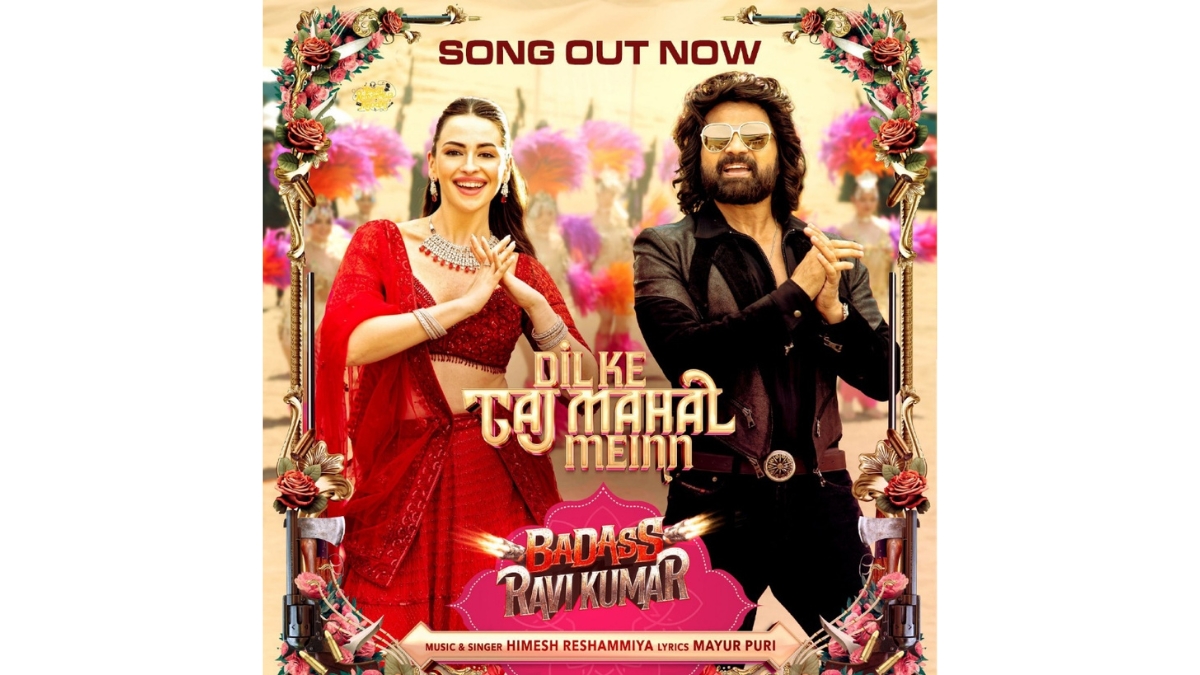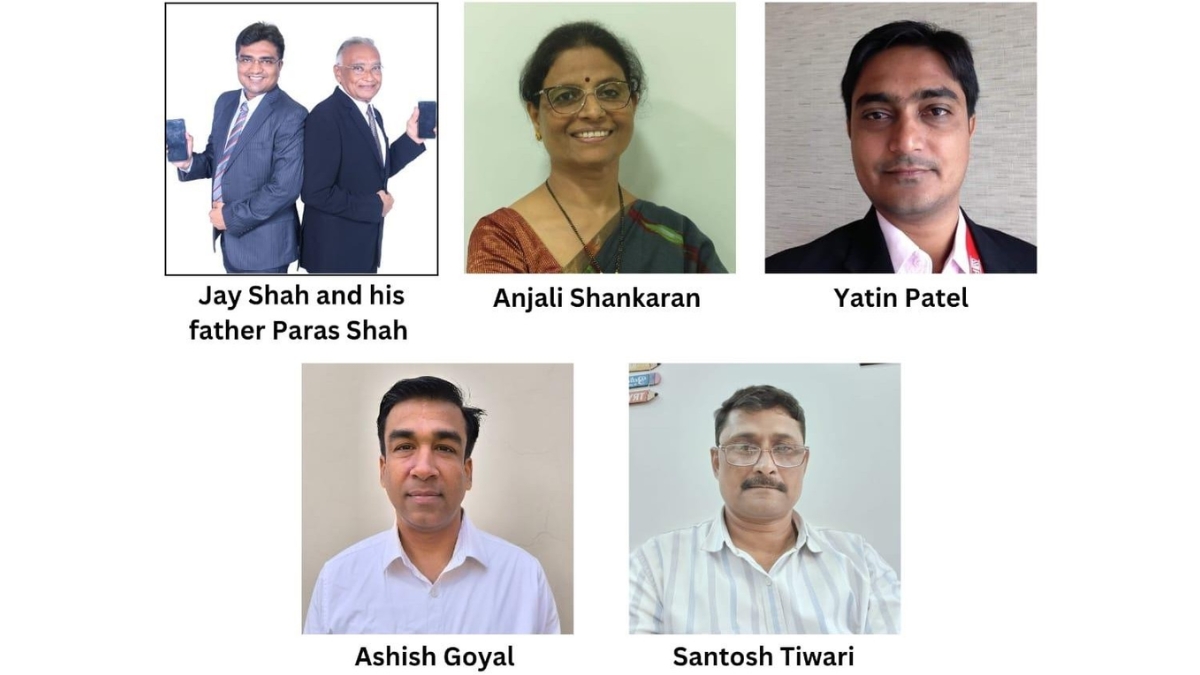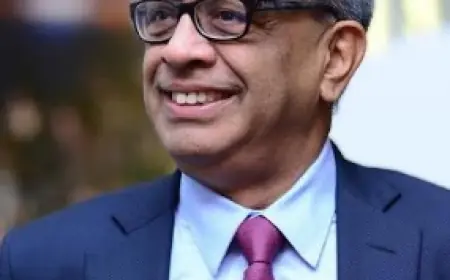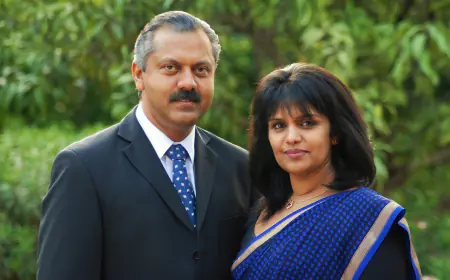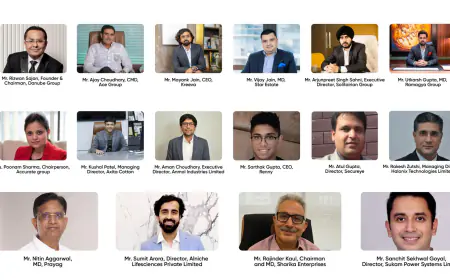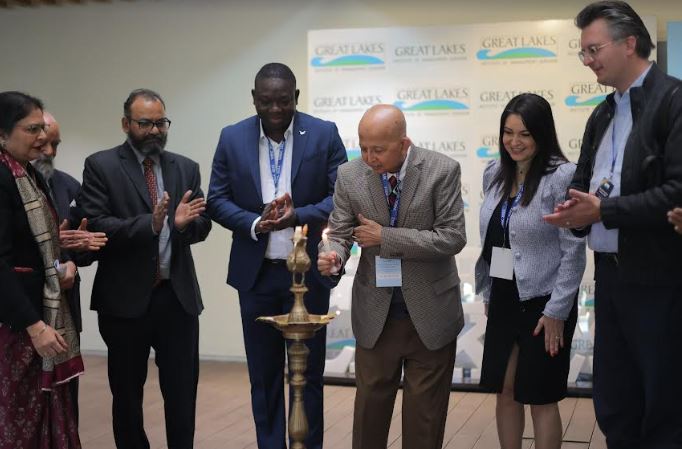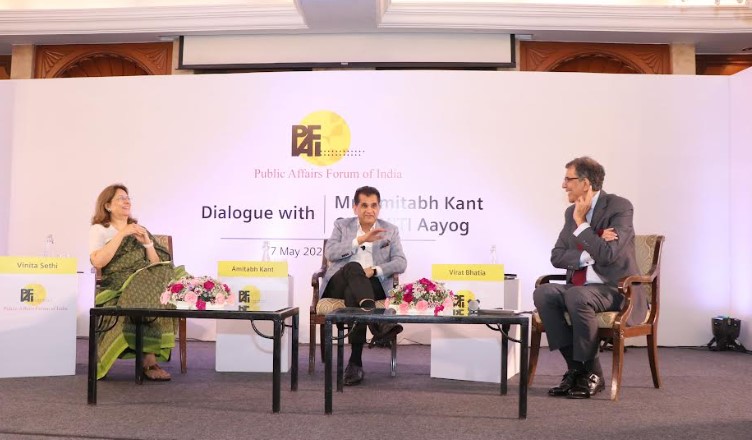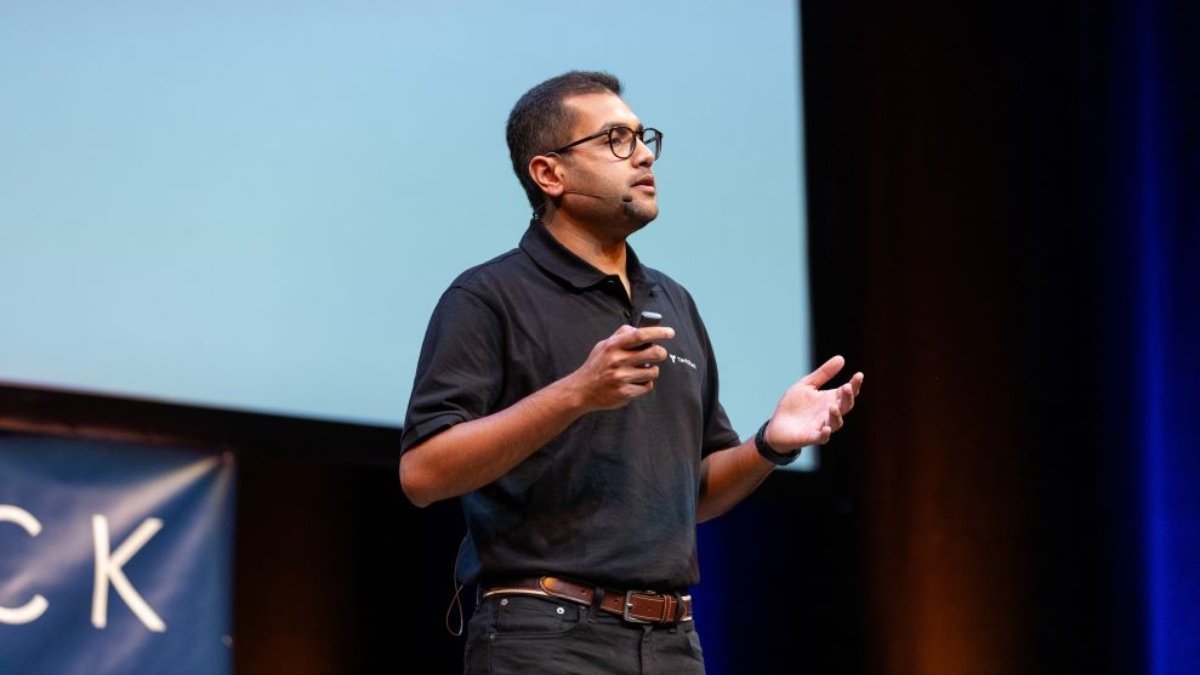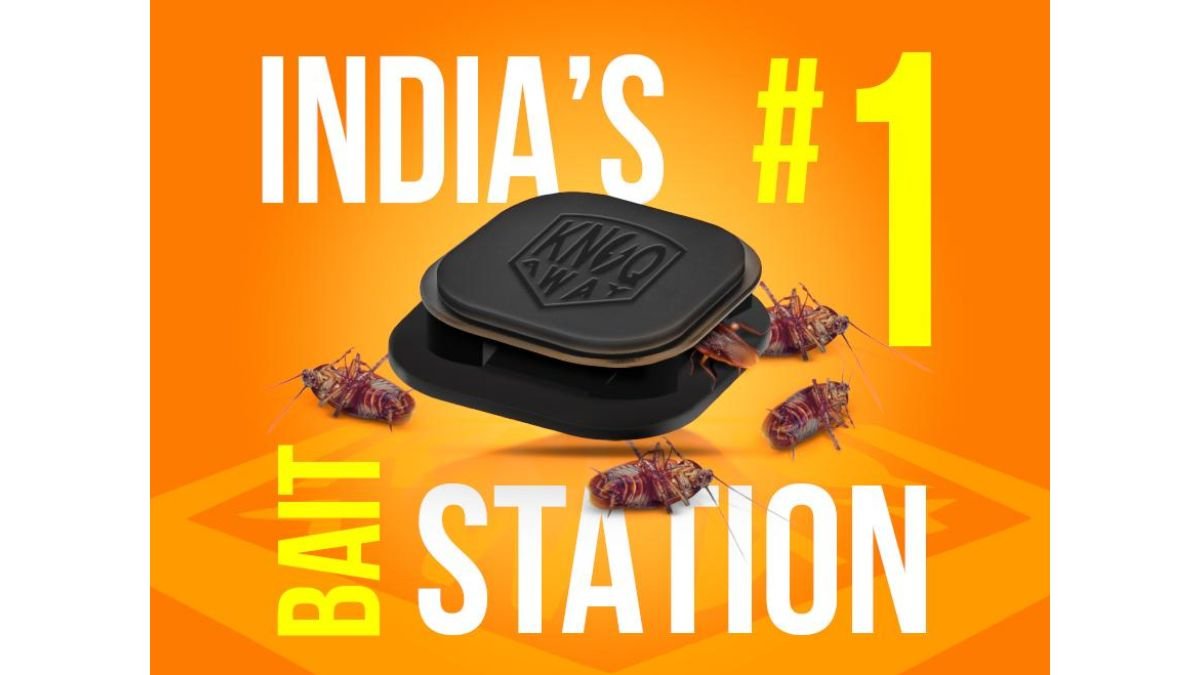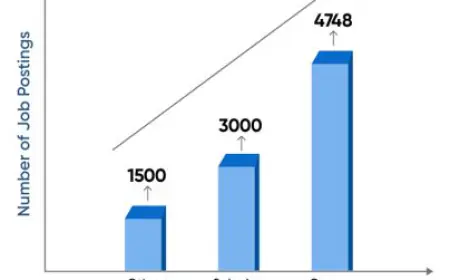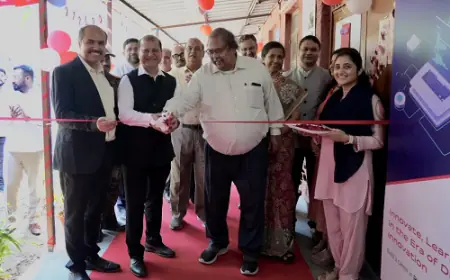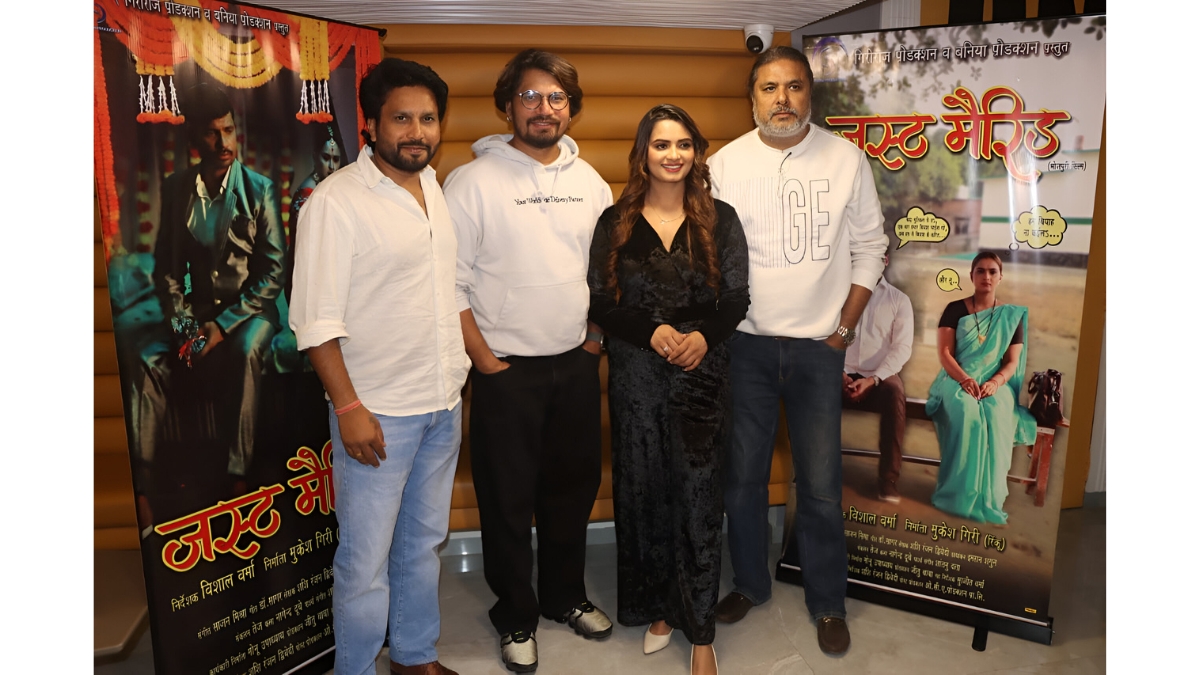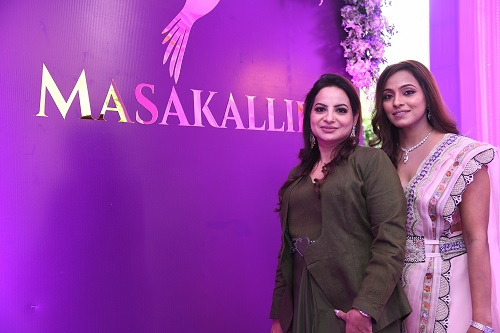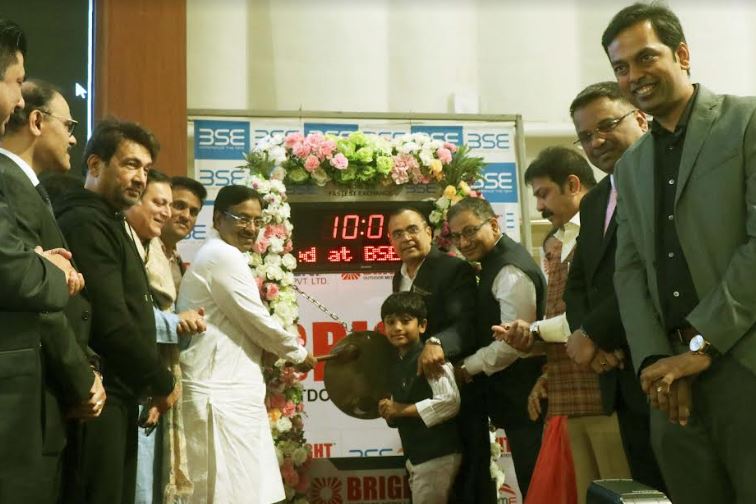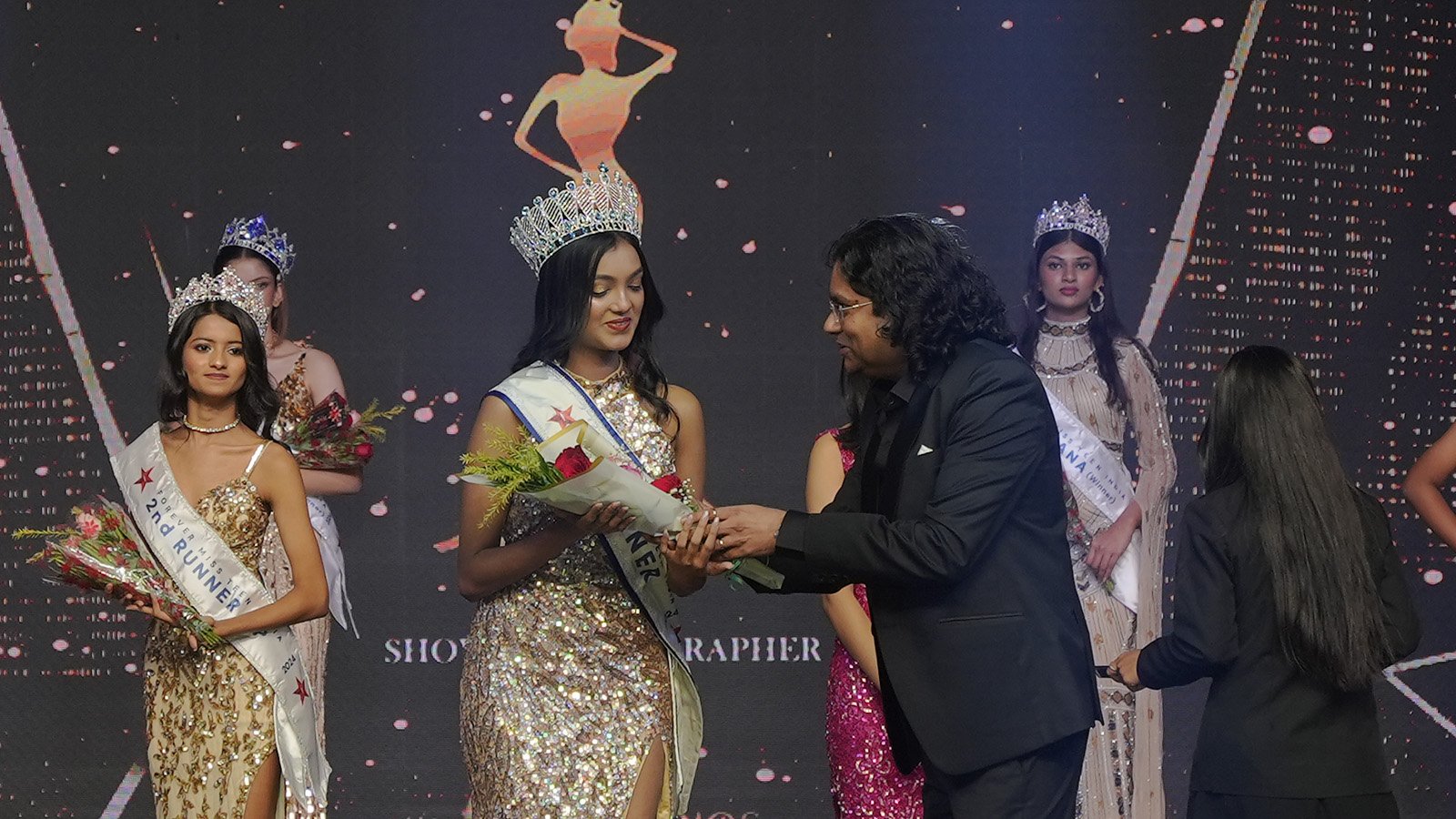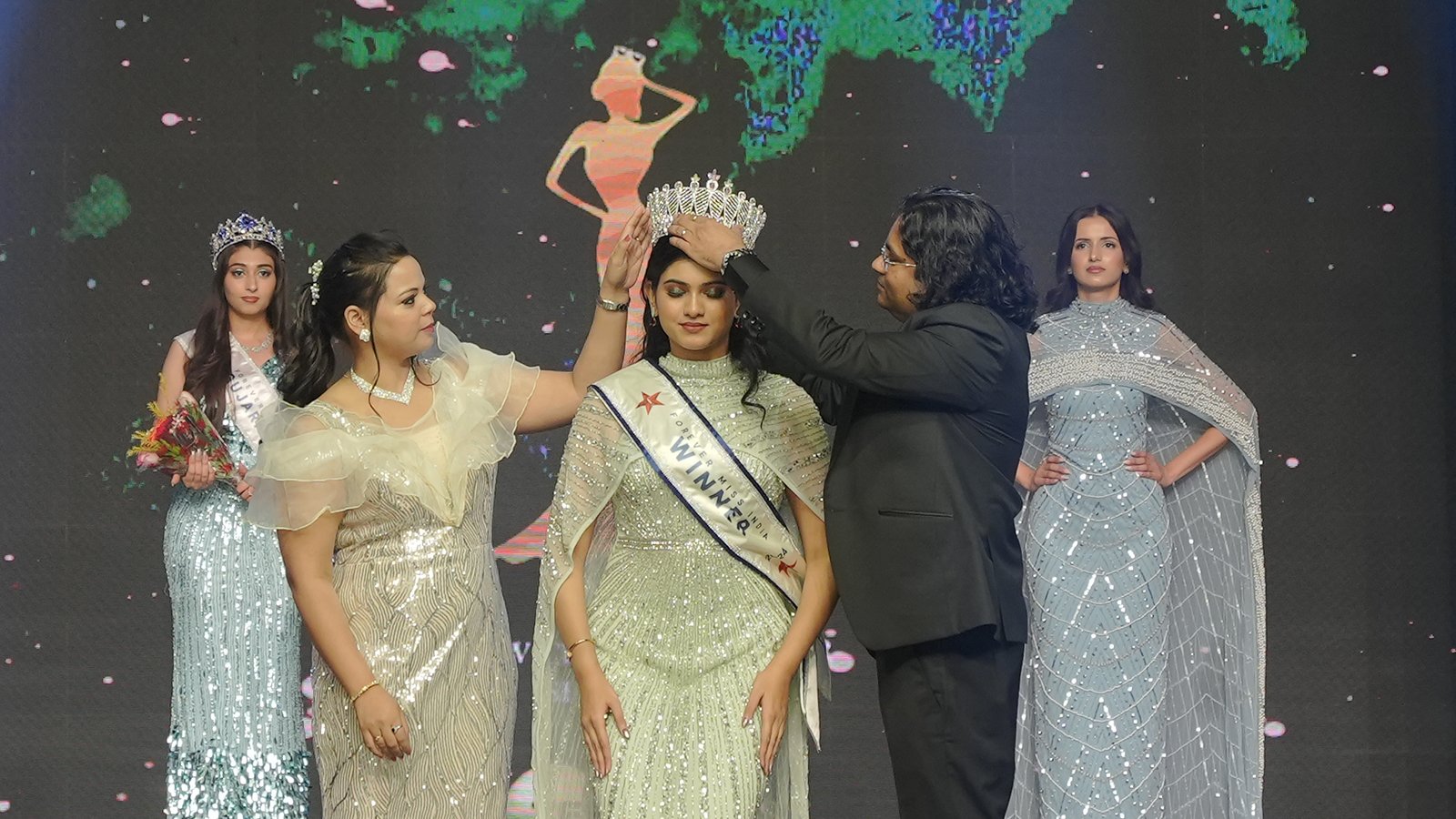Pt. Radhika Mohan Maitra And his bona fide 'Mohanveena' – a wonder instrument created in 1948
New Delhi (India), June 25: Pandit Radhika Mohan Maitra, undoubtedly one of the greatest classical musician India has ever produced, needs to be acknowledged for creating an instrument that is being played like the sarod and has the tonal richness of a veena. This veena was named as “Mohanveena” in All India Radio during mid-1948. [...]

New Delhi (India), June 25: Pandit Radhika Mohan Maitra, undoubtedly one of the greatest classical musician India has ever produced, needs to be acknowledged for creating an instrument that is being played like the sarod and has the tonal richness of a veena. This veena was named as “Mohanveena” in All India Radio during mid-1948. Since then, this parampara of Mohanveena is being continued even today, though not on an extensive large scale but very diligently and regularly across the globe.
If you google ‘mohan veena’, majority of the pages will lead you, in one way or the other, to one of the best-known slide guitar players in the world, who made substantial modifications to the variant of the slide guitar that was prevalent in Hindustani music (its most famous exponent being Pandit Brij Bhushan Kabra) and called it ‘mohan veena’, derived from his middle name. He won the Grammy in 1994; since then, this modified slide guitar has come under global focus, posing a direct threat to one of the finest musical lineages of India. This shameful act of naming a self-created instrument with an existing traditional one is continuously damaging the 76-year-old tradition which is facing a grave threat from its slide guitar namesake.
However, if you ignore some top results of the Google search you will find mention of Pandit Radhika Mohan Maitra, who is regarded as one of the greatest sarod players of all time. But he had another, lesser known, identity. He was an inventor, who conceptualized three new instruments: Dilbahar (in 1956), Nabadeepa (in 1967) and, his most extensively recorded, Mohanveena. This Mohanveena preceded its slide guitar namesake by at least four decades. There was regular All India Radio broadcasts of Maitra’s recitals on this instrument and a rendition of Darbari was also released by HMV, and yet, one must wade through several links of the modified slide guitar to find a link between the Mohanveena and its original inventor.
Maitra (1917 – 1981) lived at a time when Hindustani musicians didn’t concern themselves with patents and PR outfits. And certainly not Maitra, who was a zamindar from Rajshahi (now in Bangladesh) and cared little about publicity. He was one of the finest Sarod, Sitar, Surbahar, Rabab and Sursingar player, appreciated and loved by Baba Allauddin Khan, a legendary music maestro of the 20th century. It was in 1943, when the young sarod player Maitra played a Jugalbandi in Sursingar with Ustad Sadiq Ali Khan on Veena at a private concert in Lucknow which was attended by many great musicians of that time. Post the concert Maitra felt the necessity of a 3-in-1 instrument which would have the resonance of the Sursingar, tonal quality of a Veena while it will deliver the sweetness as well as faster ‘bol-bani’ playing capability to that of a Sarod. In short, it would be like a bridge instrument between Sarod & Sursingar so that the sarod players don’t face difficulty in playing a Sursingar like instrument. It was required to imbibe the ‘Dhrupad-aang’ ‘Veen-baaj’ for the sarod players – which was practically impossible in Sarod. After some years of experimentation, in 1948, he came up with a design of an instrument which looks like an amalgamation of the Sursingar & Sarod.

In the new instrument the essence of Veena, Sursingar & Sarod was incorporated. Amazed by its design & sound quality, Thakur Jaidev Singh, the-then Chief Producer of All India Radio named the instrument as “Mohanveena” after the name of Pt. Radhika Mohan Maitra in 1948. He also recorded an interview of Pt. Maitra along with a recital in AIR on 18th June, 1948. Pt. Maitra played 22 National Programs, done numerous Akashvani recordings and performed in countless concerts on this instrument. In this instrument the goat skin of the sarod was replaced by wood and the huge soundbox of Sursingar is minimised by some extent. The bridge was flattened and one smaller bridge was added like the Surbahar for sympathetic strings. Doordarshan made a documentary on this heritage instrument during 1990s, which was broadcasted several times in National network named – “Mohanveena – a Genesis” till early 2000s.
Pt. Maitra trained several of his students in Mohanveena, like Nrisingha Mukhopadhyay, Hariballav Das, Pranab Naha, Somjit Dasgupta, John Barlow etc. Out of them Somjit Dasgupta preserves all the instruments of Pt. Maitra including his Mohanveenas. He has showcased the Mohanveena several times across the world and done several symposiums in collaborations with Govt of India, Germany, Britain & Spain over the last 40 years including lecture-demonstrations at Sangeet Natak Academi, Dhrupad Mahotsav, etc. German Government has made a documentary in 2012 named “Sarodiyo Bin” on the making of this Mohanveena. Today several of Pt. Maitra’s grand disciples and great disciples are playing the instrument across the world like Kirat Singh Bains, Bhabani Shankar Dasgupta, Usnish Basu, Dipayan Bairagi, Shruti De, Joydeep Mukherjee etc etc, including performance at the prestigious G20 summit.
If you have any objection to this press release content, kindly contact pr.error.rectification@gmail.com to notify us. We will respond and rectify the situation in the next 24 hours.

